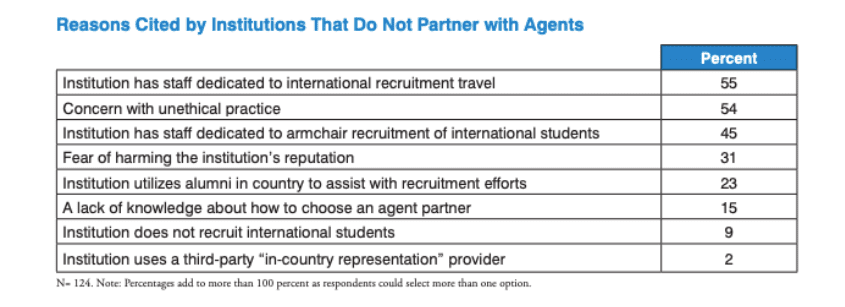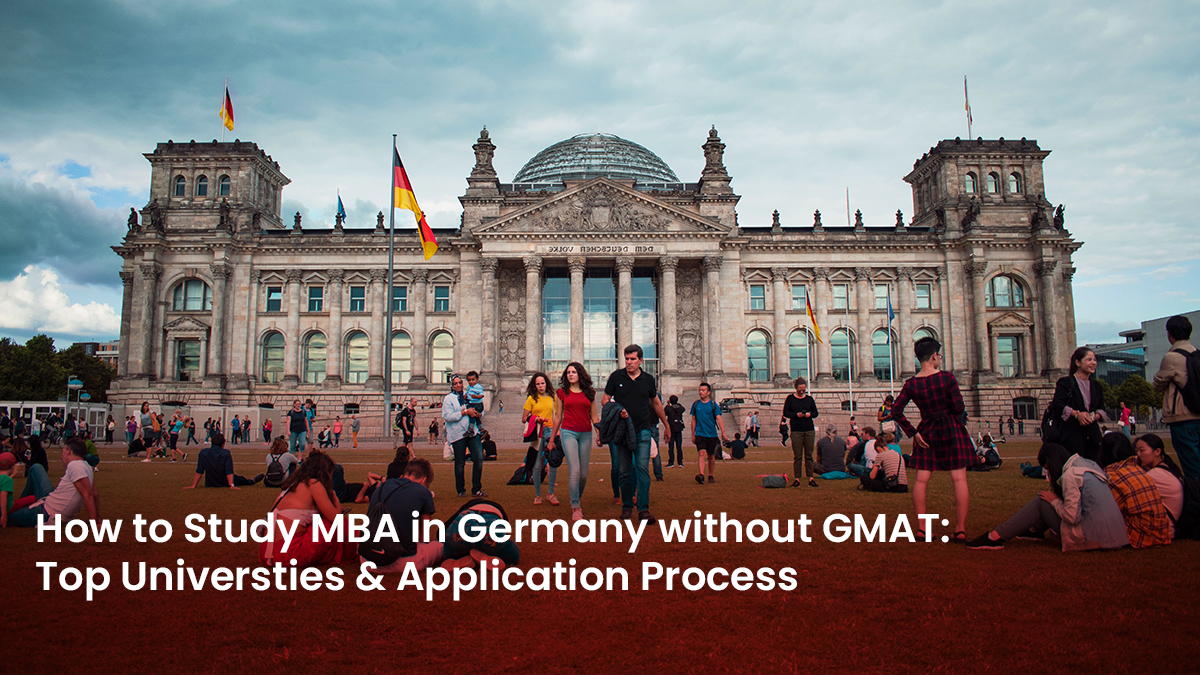International student recruitment is mostly driven by education agents, who assist international students in selecting a high-quality and top educational institution to enroll in. They are the main point of contact for prospective students who wish to learn more about the universities and program options available to them in the future.
However, through the years, many people have constructed such a broad picture of educational companies cooperating with institutions to recruit international students that is entirely misleading.
Key Takeaways:
- Australian international education sector sought help from education agents
- Australia’s higher education industry heading to full recovery
- More and more offers have been provided by the government to attract students
Because of this, they unknowingly distort the efforts of individuals and organizations who work tirelessly every day to provide high-quality educational opportunities to international students studying in different study destinations.
This is the reality that education institutions and agents have to go through nowadays and various studies and opinion pieces have been created in response to amplify that education agents are the true drivers of the international education sector and not the other way around.
The American International Recruitment Council (AIRC) and the National Association for College Admission Counseling (NACAC) partnered on a quick survey to find out more about how schools are collaborating in international student recruitment.
During the COVID-19 pandemic, there were several different agents used. With a total of 294 valid responses, almost half of survey respondents (49%) said they now work with agents to attract international undergraduate students, and 5% said they are actively looking into agency collaborations as a result of the pandemic.
According to the World Bank’s Global Education Director Jaime Saavedra, there is no need to keep schools closed in the face of the pandemic, and even if additional waves emerge, closing schools should be the last choice. Despite the downsides of the pandemic, agent partnerships were more common at private colleges than at public colleges (60% vs. 42%, respectively).
Such manifestations bring us to how education agents truly contribute not only to international higher education but also to the students and their families.
Quality partnerships
Institutions opt to work with education agents to create a presence in specific regions, particularly in areas where it may be hard to recruit directly and achieve expanding enrollment targets.
Quality partnerships between businesses and agencies are more than transactional. These parties must develop a working relationship based on contractual agreements so that each party understands their respective duties. They necessitate time spent getting to know one another and establishing trust.
Since the start of the pandemic, the number of agent partners has changed for a significant majority of universities, with 34% growing and 9% decreasing.
The great majority of survey respondents said the pandemic had no effect on their agent compensation. Compensation grew by 6%, while compensation declined by 2%.
The interaction with education agents has had a major impact on the global education sector. International student services, which assist a larger and more diversified set of students from all over the world, assure institutional and student protection. The role of education agents in engaging universities to accommodate anticipated increases in overseas enrolment has been impacted by agent accreditation.
In order to forge quality partnerships, the institution must invest in training the agency in order for it to effectively represent it, and the agency must comprehend the institution in return. Apart from that, institutional workers must keep in close contact with their agency partners and verify that they are accurately and ethically representing the institution.
Moreover, institutions that do not work with agents and are not actively investigating partnership opportunities were asked to explain why. The most prevalent comments were that the college has people dedicated to international travel or armchair international student recruitment, as well as worries about unethical methods. Despite that, it is still more prevalent how education agents are being maximized by educational institutions in achieving their targets in the market.
Partners on the ground
Education agents continue to expand their experience in aiding international students studying abroad as the state of the international higher education market improves with time.
Educational agencies worked intensively throughout the pandemic’s peak to maintain international recruitment efforts active for universities. They stayed in touch with students and their families, assisting them in evaluating and enrolling in online education opportunities, advising them on travel laws and limits, and providing general support during this trying time.
Respondents to the survey who are presently or have recently collaborated with agents were asked a series of questions to understand more about how their relationships have altered as a result of the COVID-19 pandemic. Only 5% of respondents said they stopped working with agents as a result of the pandemic, while 2% said they started working with agents as a result of the pandemic.
Institutions have even reinforced various ways in order to maintain the highest standards of their partners on the ground and completely meet the needs and desires of international students and their families.
While there may be difficulties for education agents in upholding their representation of various institutions, the long-term consequences, not just for agents but also for the international higher education sector, are far greater than anticipated.
In today’s world of educational opportunities, most schools simply cannot afford to have a physical presence in every country. Institutions can provide more accurate information to students, better advise them, and better orient them to the campus and academic programs by having their credible and excellent partners on the ground.
Increase in agency-institution partnerships
A survey conducted by AIRC and NACAC earlier this year revealed that nearly half of the responding institutions now work with educational agencies to recruit undergraduate international students, indicating an overall increase in the percentage of institutions that work with agencies from a survey a few years ago. This is due to a greater acceptance of the effectiveness and benefits of collaborating with agencies among institutions.
The study has revealed that 49% of the 294 universities that responded work with agents to recruit international undergraduate students.
Forty-six percent of the institutions claimed that they had not partnered with agents just prior to or during the epidemic while the other 5% claimed they did not deal with agents at the moment but were “actively seeking agent relationships as a result of the epidemic.”
According to Lindsay Addington, director of Global Engagement at NACAC, the study indicated that “more institutions may be deploying agents than they did a few years ago.”
In the 2017 and 2018 NACAC admissions trends surveys, 36% of universities were utilizing agents, with another 25% considering it. In addition, private institutions were shown to be 60% more likely than public institutions to have agent relationships, compared to 42% for public organizations.
It has been mentioned how many people have constructed such a broad, misleading picture of the contributions of education agents to both institutions and the higher education sector. The fact that an increase in agency-institution partnerships was evident during this time is a manifestation of how the sector sees education agents in high regard.
Truly, working with a global partner can help educational institutions achieve greater heights especially in strengthening its agent network in the world’s major student marketplaces in order to position the brand and offer its programs.
Not only a global partner can assist international students with more than just the application process and finding a good college or university; it can also advise them on subjects such as student visas, entry requirements, registration, insurance, fees, and locating accommodation, among other things.
A global recruitment partner provides a competitive advantage to its partner agents and institutions in the age of digital student recruitment and a competitive market by providing the most recruitment options to increase the number of enrollees, as well as reviewing applications for completeness to expedite processing.
With a strong network and an established reputation in the market, education agents can no longer be seen in a bad light since the right career path is in the hands of those who are trained in the name of international education.
MSM Unify is your one-stop source platform connecting students, higher education institutions, and agents around the world. Sign up now to get the latest updates and information on international education.

















